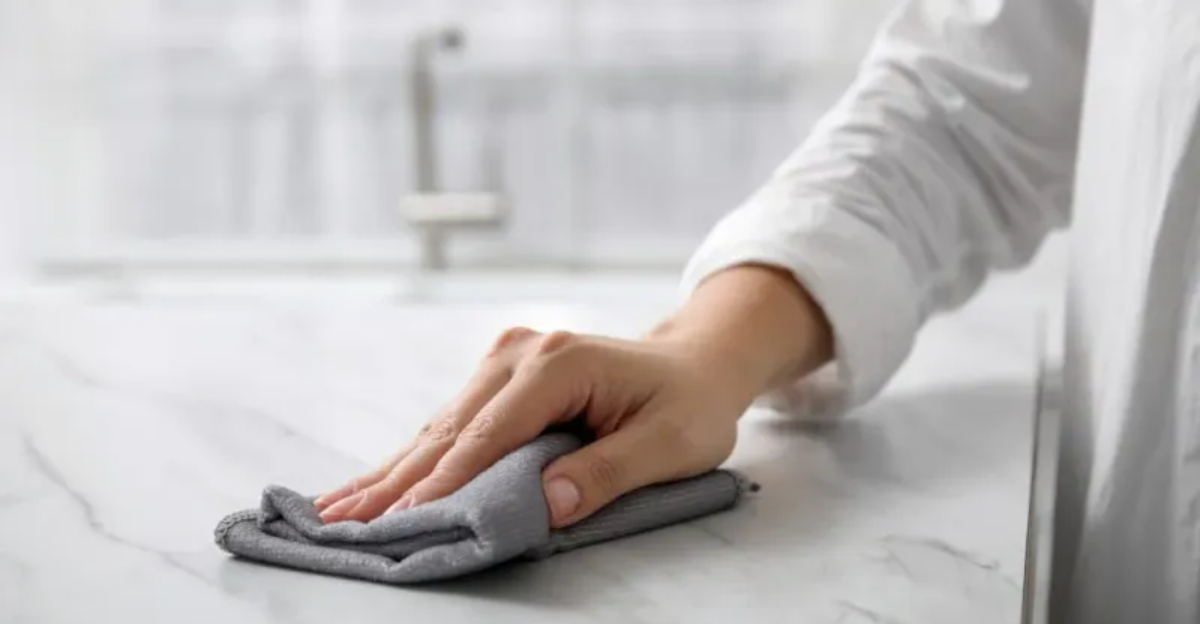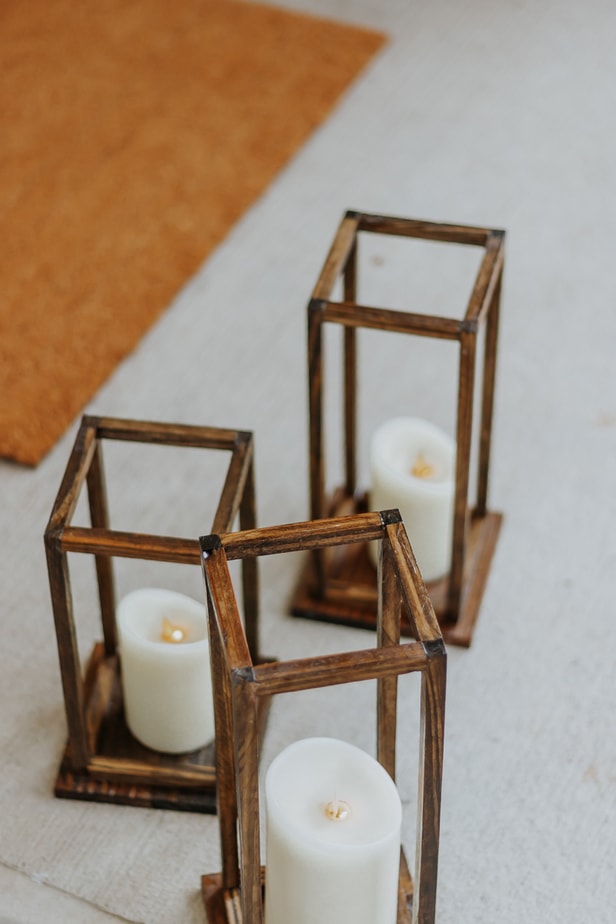The Right Way To Erase Countertop Stains By New Jersey Homeowners – Without Damaging The Surface

Countertops see a lot of action every day, from spilled coffee to sticky sauces and mystery drips. Stains happen, but removing them the wrong way can leave scratches, dullness, or permanent damage.
Knowing the right cleaning method for your specific surface keeps it looking fresh and extends its life for years to come. And New Jersey homeowners have something to say on this topic.
1. Identify The Stain By Color & Location
Not all stains are created equal. A reddish ring from tomato sauce behaves differently than a dark oil spot or a chalky water mark.
Look closely at where the stain sits and what caused it. Organic stains like coffee or juice may lift easier than dye-based ones from berries or wine.
Knowing what you’re dealing with helps you choose the safest and most effective removal method in New Jersey right from the start.
2. Match Cleaner To Countertop Material
Every countertop material has its own personality. Granite can handle certain acids that would etch marble in seconds.
Laminate tolerates gentle scrubbing, while quartz prefers non-abrasive solutions. Using the wrong product could dull the finish, strip protective coatings, or cause permanent discoloration.
Always check what your countertop is made of before reaching for a cleaning spray or homemade remedy under the sink.
3. Start With Gentle, pH-Neutral Solutions
When in doubt, go soft. Warm water mixed with a few drops of dish soap works wonders on fresh spills and light stains.
pH-neutral cleaners found all across New Jersey won’t react with sensitive surfaces or strip away sealants. They’re safe for nearly every countertop type and should always be your first attempt.
Harsh chemicals might seem faster, but gentle methods protect your investment and often get the job done just as well.
4. Specialized Techniques For Marble & Natural Stone
Marble and natural stone are stunning but delicate. Acidic cleaners, even lemon juice, can etch the surface and leave dull spots that won’t buff out.
For stains, try a poultice made from baking soda and water. Spread it over the mark, cover with plastic wrap, and let it sit overnight.
The paste draws out the stain without scratching or chemically damaging the stone’s polished finish.
5. Safe Methods For Quartz & Engineered Surfaces
Quartz is tough and low-maintenance, but New Jersey owners know it’s not indestructible. Avoid bleach and harsh solvents, which can break down the resin binding the stone together.
For stubborn stains, use a non-abrasive cleaner or a paste of baking soda and water. Gently rub in circles with a soft cloth.
Quartz surfaces bounce back beautifully when treated with care and respect for their engineered composition.
6. Wood & Butcher-Block
Wood countertops bring warmth but need special attention. Water stains and food discoloration are common, especially if the surface isn’t regularly oiled.
Lightly sand stubborn spots with fine-grit sandpaper, then re-oil to restore the protective layer. Never soak wood or use harsh chemicals that dry it out.
Treating wood gently keeps it looking rich and prevents cracking or warping over time.
7. Laminate, Tile & Grout
Laminate resists stains well, but grout between tiles can trap grime and discoloration (something which New Jersey homeowners know all to weel). For laminate, use a paste of baking soda and water on tough marks.
Grout responds to a mix of hydrogen peroxide and baking soda, scrubbed gently with an old toothbrush. Let it sit a few minutes before rinsing.
These budget-friendly surfaces stay looking sharp with a little targeted effort in the right spots.
8. What Not To Use
Bleach, ammonia, and acidic cleaners might promise quick results, but they can cause irreversible damage. Scratchy scouring pads leave micro-scratches that dull the shine and trap future dirt.
Steel wool and rough brushes are especially risky on polished or sealed surfaces. Even some popular multi-surface sprays contain ingredients that degrade certain countertops.
Reading labels and sticking to recommended products saves headaches down the road.
9. Prevent Future Stains With Everyday Habits
Prevention beats scrubbing every time. Wipe up spills as soon as they happen, especially acidic liquids like wine, citrus juice, or vinegar.
Use cutting boards and trivets to protect surfaces from knives and hot pans. Coasters under glasses prevent rings and moisture buildup.
Small daily habits keep New Jersey countertops cleaner longer and reduce the need for intensive stain removal sessions later on.
10. Sealing & Maintenance: Keep Your Surface Looking New
Many natural stone and wood countertops need periodic sealing to stay protected. Sealants create a barrier against moisture and staining agents.
Test your seal by dripping water on the surface. If it beads up, you’re good. If it soaks in, it’s time to reseal.
Regular maintenance, like reapplying sealant every six to twelve months, keeps your countertops resilient and beautiful for the long haul.






